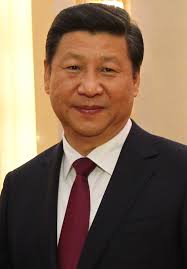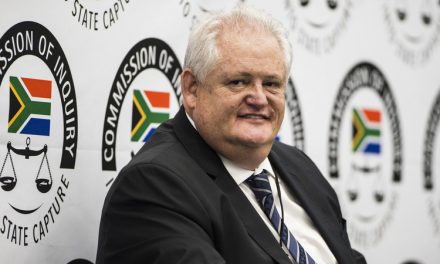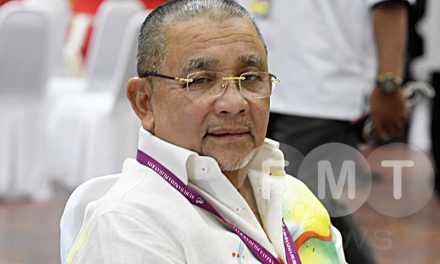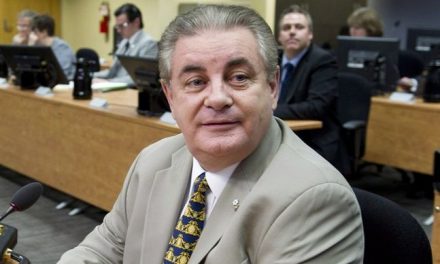24 June 2015
Luxury hotels are trying downgrade their ratings by losing at least one star. There is a fear among hoteliers that they cannot make money as five-star hotels. Entertainment by local government officials has become increasingly infrequent and frugal. As a result some high end restaurants are finding it difficult to survive. Apart from ‘wine and dine’, the corruption money went into the luxurious upkeep of mistresses. The demand for luxury mistresses has gone down, so they will now turn to prostitution. Demand for luxury items such as watches and hand bags have also gone down. These items were given as presents to officials for favours. These are the result of the ant-graft campaign launched by President Xi Jinping after he came to power.
It was estimated by the Western financial community that the anti-graft campaign could cost China’s economy more than $100 billion. This could amount to just over one percent of the country’s Gross Domestic Product of $9.2 trillion in 2013.
No one in right mind can say that corruption should be allowed in order to avoid this one percent fall in domestic economy.
These high end hotels and restaurants flourished on tax payer’s money spent immorally. If the extra savings were spent on welfare projects such as housing, health care, and infrastructure projects, would not the GDP grow by one percent?
Corruption breeds corruption. The corrupt money flows into a pool of moral decay and tears the fabric of social decency.
Close to 200,000 corrupt officials have been arrested, dismissed or set aside since Xi Jinping’s anti-corruption drive in 2013.
A powerful anti-corruption drive is indispensable for launching deep reforms and social transformations in China.
Back in August, Chinese media quoted unusually frank remarks by Xi Jinping, reportedly made during a closed-door Politburo meeting. “The two armies of corruption and anti-corruption are at a stalemate,” Xi was quoted as saying. He added, “In my struggle against corruption, I don’t care about life or death, or ruining my reputation.”
Earlier reports said that Xi’s predecessors, Jiang Zemin and Hu Jintao, were pressuring him to scale back the campaign. In a stark contrast, the latest reports suggest both Jiang and Hu were fully on board with the high-profile takedowns of Zhou Yongkang, Xu Caihou, and Gu Junshan.
2014 has seen Xi take down 3 top officials in China’s fight against corruption: Zhou Yongkang, former head of domestic security; Xu Caihou, once the military’s second-in-command and Ling Jihua, a top aide to ex-President Hu Jintao.
In less than two years after Xi took over the top Communist Party post, Xi’s leading position looks unassailable. He now holds the top posts in the party, state and the military. Recently, he has cleverly maneuvered to put himself at the head of two new supra-ministerial bodies. The “central leading group on national security” gives him the final say on diplomatic, military, security, police and intelligence institutions. The other leading group on “deepening of economic reform” gives him oversight on economic affairs.
Xi has become the most powerful Chinese leader since the death of Deng in 1997.
Xi’s shrewd moves make analysts wonder whether he is following Mao Zedong or Deng Xiaoping. Xi does not approve of totally repudiating Mao. “To completely negate Mao Zedong would lead to the demise of the Communist Party of China and to great chaos in China,” Xi said early last year.
Some China experts say that they do not see Maoism from what Xi does and how he does. Xi believes in keeping China strong. Only then he could make far reaching changes. He wants to keep the Communist Party in power but he also wants to push China to the next level. In these respects he is seen to be following Deng. To this end he is centralizing things in his own hands, just like what Deng did. Since he took over top posts, he had moved his allies into key Party, government and military positions.
Corruption benefits only a few at the expense of others. Among the party cadre only a few ‘princelings’ (offsprings of top political leaders of the past)have the power to take bribe and offer some favour in return. Majority of the party members are not in a position to take bribes. Ultimately only a few gains from corruption but majority lose from it.
Given Xi’s strong hold on the party, very little harm can be done by anti-corruption drive to the party. There will be the ardent followers of some of the ousted corrupt party members like Zhou Yongkang, Xu Caihou, Gu Junshan, and Bo Xilai. Their followers are not able to voice their views in the party meetings or influence party decisions.
Surprisingly Communist party has only a membership of 85 million, compared with 91 million registered members of the BJP of India. This shows a lack of interest in party politics among ordinary people. But among the public there is resentment against the luxury life of the corrupt. This was expressed by the people in many demonstrations during the trial of Bo Xilai. These demonstrations were suppressed by the government and news about them was blacked out.
During the corruption days, an ordinary man could go to a public official such a mayor and pay the bribe and get his problem fixed. Now the ordinary man has to live with the problem. But a time will come in the near future, when the ordinary man will get his problem fixed without having to bribe anyone. Then Xi support will broaden at grass root level. At that time he would not need the support of the ‘princelings’.
China is on the right track. Economy will pick up slowly. Communist Party will be stronger than ever.















